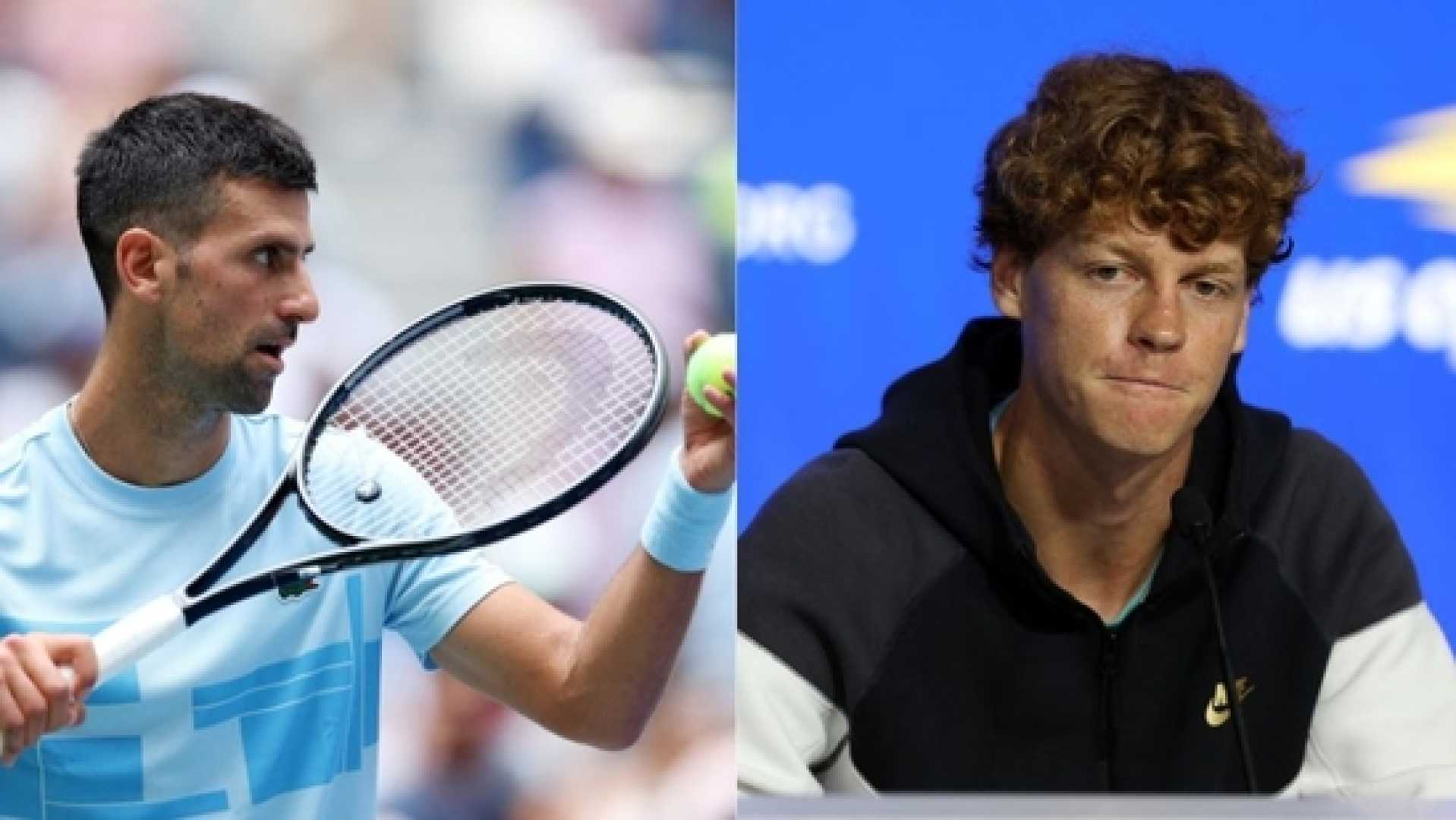Sports
Djokovic Claims Favoritism in Sinner’s Three-Month Doping Ban

DOHA, Qatar — Novak Djokovic expressed concerns that favoritism influenced the outcome of Jannik Sinner‘s recent doping ban, which the World Anti-Doping Agency (WADA) imposed after Sinner’s two positive drug tests in March 2024. The Italian tennis star’s three-month suspension, beginning February 9, allows him to return for the French Open that starts May 19.
At the Qatar Open, Djokovic stated, “There’s a majority of the players that I’ve talked to in the locker room…that are not happy with the way this whole process has been handled.” Djokovic emphasized that many players feel the system is unfair and favors top players. “A majority of the players don’t feel it’s fair. It appears that you can almost affect the outcome if you are a top player, if you have access to the top lawyers,” he added.
Sinner’s case arose after he claimed that he was unknowingly contaminated with the banned substance clostebol due to negligence by his entourage. WADA accepted his explanation but noted, “the athlete bears responsibility for the entourage’s negligence,” leading to the suspension. This ruling contrasts sharply with other doping cases in tennis, including that of former world No. 1 Simona Halep, whose penalty was initially set at four years before being reduced to nine months.
Djokovic remarked on the disparity in treatment between Sinner and lesser-known players facing similar accusations. “Simona Halep and Tara Moore have been struggling to resolve their cases for years or have gotten bans for years… There is so much inconsistency between the cases,” he said. “Sinner has got a suspension for three months because of mistakes and negligence of his team members. This is something that I personally and many other players find strange.”
Moore, a British player who faced a lengthy investigation resulting in suspension, spoke out on social media, stating, “I don’t think any of this was Sinner’s fault. I’m simply asking that everyone get the same treatment.” The call for consistency in the application of anti-doping rules echoed throughout the tennis community.
Liam Broady, another British player, raised suspicions about the timing of Sinner’s ban, suggesting it was strategically placed to minimize impact on his career. “I do think a lot has been put into when the ban would take place, to impact Jannik’s career as little as possible,” Broady told BBC Sport.
Jack Draper, the British No. 1, also weighed in, emphasizing accountability: “I’m sure he wouldn’t have done anything intentional, but we have to be accountable for what goes in our bodies. Obviously, he’s got a ban for a few months and I don’t think that’s good for tennis.”
The current situation underscores an urgent need for reform within the anti-doping framework in tennis, according to Djokovic. “Now it’s a ripe time for us to really address the system,” he stated. “I hope that in the near future the governing bodies are going to come together and try to find a more effective way to deal with these processes. It’s inconsistent, and it appears to be very unfair.”












